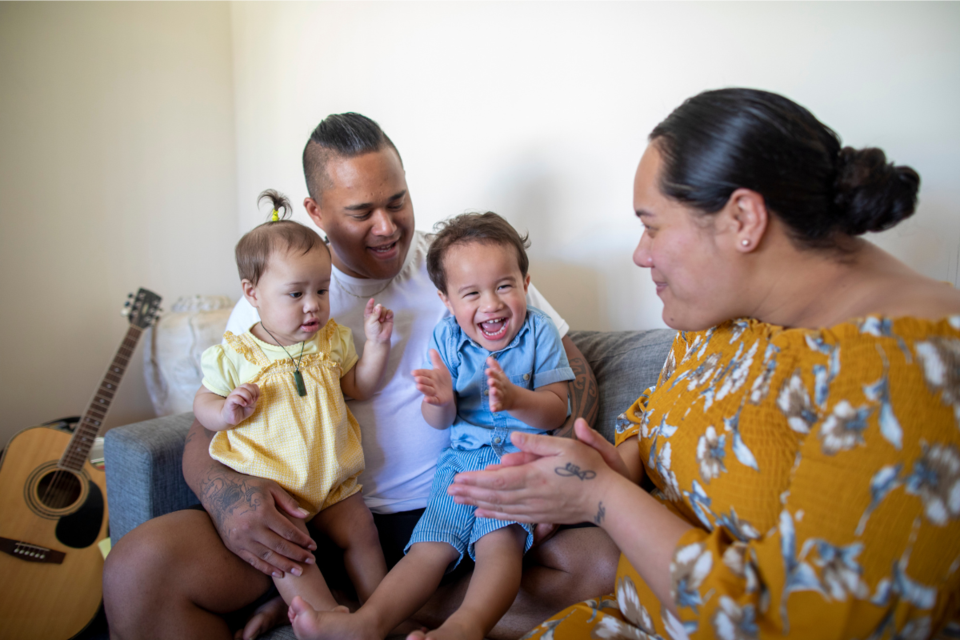If you've ever rocked a baby in your arms and softly hummed a lullaby, you already know the magic that music can hold. Now, science is catching up to what many grandparents, parents, and caregivers have known for generations: singing to babies really does make them feel better.
A new study from Yale University has found that singing to infants significantly improves their mood. While that might seem like common sense, researchers were able to measure how even simple musical moments throughout the day can contribute to a baby’s emotional well-being—and possibly support the mental health of the whole family.
The study involved 110 families with babies under four months old. Half of the parents were encouraged to sing more often through easy-to-use tools like baby-friendly songbooks, karaoke-style videos, and weekly tips. The other half continued with their usual routines.
What happened next was heartwarming, but also revealing: the parents who sang more reported that their babies were noticeably happier overall, not just in the moments right after a song. Interestingly, many parents naturally used singing to soothe their babies when they were fussy, even without being told to do so.
So why does singing work? Researchers believe the answer lies in emotional communication. When you sing to a baby, you’re not just making sound—you’re sending a powerful message: “I’m here, I’m calm, you’re safe.” That kind of reassurance is deeply meaningful for an infant who is still learning about the world.
Singing also mimics the rhythm of speech and movement, offering predictability and comfort that can help regulate a baby's emotions. And unlike more costly or complicated interventions, singing is free, safe, and accessible to everyone.
Dr. Samuel Mehr, who led the study, believes music may have evolved for exactly this purpose: to help parents and babies connect. “A lullaby tells a baby: I’m close, I hear you, I’m watching over you,” he said. “And babies, apparently, are listening.”
For many parents, or grandparents helping care for young grandchildren, this research signals an important tool at your disposal. Whether it’s a soft lullaby from your own childhood or a playful nursery rhyme, your voice can be a source of comfort, bonding, and emotional support for the newest members of the family.
But one of the most uplifting (and reassuring) findings? It doesn’t matter if you think you have a great voice.
“Singing is something that anyone can do, and most families are already doing it,” said Dr. Eun Cho, co-author of the study. “You don’t need to be a trained musician. It’s the connection that matters.”
So the next time you’re holding your child, grandchild, niece, or neighbour’s little one, don’t hesitate to sing that sweet tune you remember from long ago. It might just be the best medicine—for both of you.




